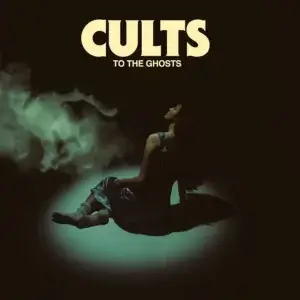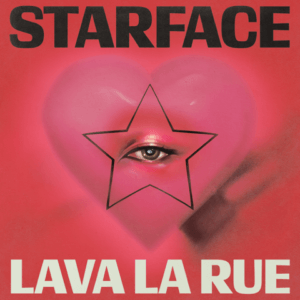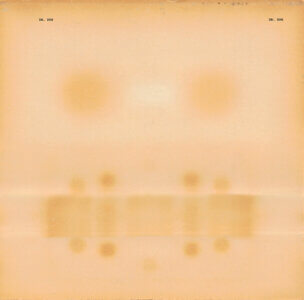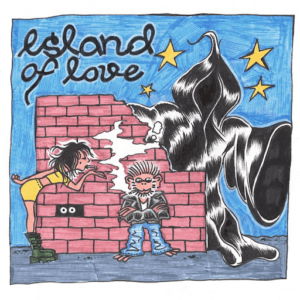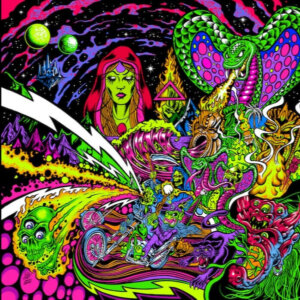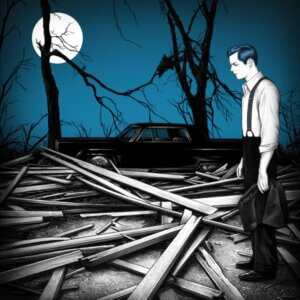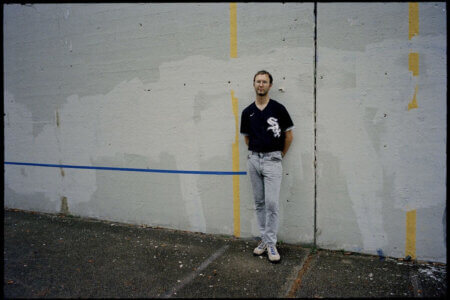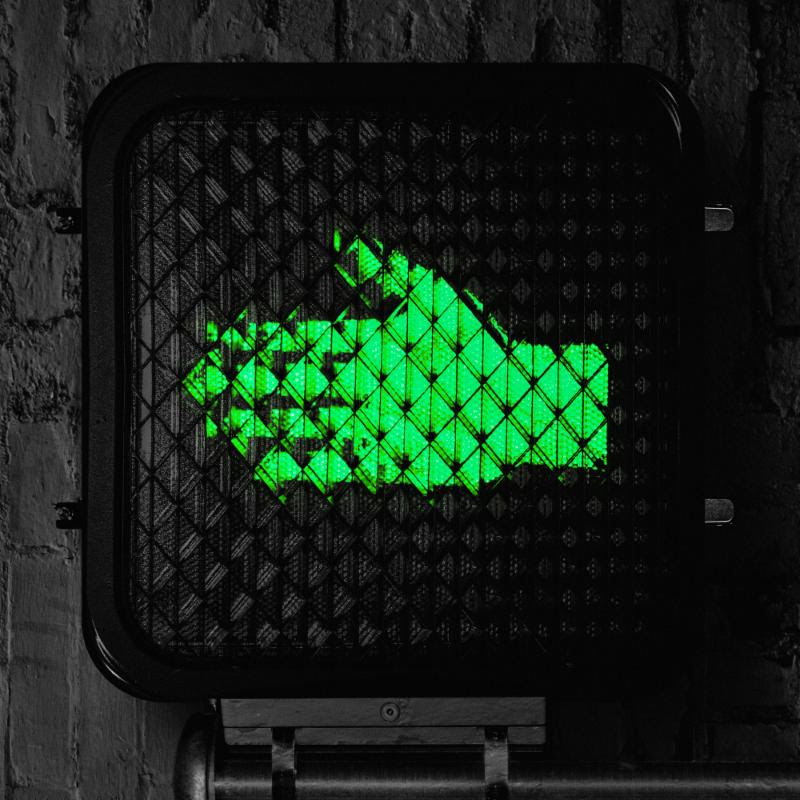
7
Help Us Stranger
The Raconteurs
The Raconteurs – Jack White, Jack Lawrence, Brendan Benson, and Patrick Keeler – have made their long-awaited return with Help Us Stranger, their first album in eleven years. On their previous album, Consolers of the Lonely, guitars roamed like dinosaurs, enormous and ferocious. On the Raconteurs’ comeback, they continue singing their usual underdog blues to their usual diamond-cut rock. But whereas Consolers moved as a perfect, smooth mass, Help Us Stranger is a bumpy ride over plenty of flat terrain.
Help Us Stranger gets off to a racing start with “Bored and Razed.” The song rings with the grandeur of the Who’s “Won’t Get Fooled Again”; it even features a similar shrieking “Yeeeaaahhh!!!” Next, the Raconteurs backslide into the mid-tempo near-title-track, “Help Me Stranger.” The transition is the first of many uneven ones.
Despite White and Benson’s powder keg guitars, bassist Jack Lawrence (affectionately known as “Little Jack”) and drummer Patrick Keeler have always been an equally powerful grounding force. “Hey Gyp (Dig the Slowness)” is another jam that wants to run free. With rumbling, rolling percussion, the song is possibly Lawrence and Keeler’s best moment on the album. Here, they keep White in check as he sings with scratchy distorted vocals over a guitar and harmonica solo. Lawrence also shines with his weighty drumming that threatens to sink a janky piano line on “Shine the Light on Me.”
The Raconteurs often play the victims, the underdogs, and pariahs. “Get me back on my feet. Brother, can you spare the time?” Benson and White plead on “Help Me Stranger.” On “Somedays (I Don’t Feel Like Trying),” Benson confesses, “Some days, I just feel like crying. Some days, I don’t feel like trying.” But as the chorus escalates, he declares his presence, showing his battered and bruised, never-truly-say-die determination: “I’m here right now. I’m not dead yet.”
The number three has long been White’s magic number, the guiding principle behind his creativity: story, melody, and rhythm. The number has also dictated his visual aesthetic throughout most of his career, from the red, black, and white of the White Stripes to the blue, black, and white of his solo output to the yellow, black, and white of both his label, Third Man Records, and shuttered one-man company, Third Man Upholstery. (In a small coincidence, Third Man Upholstery’s slogan declared, “Your furniture’s not dead.”)
Two thirds of the way through Help Us Stranger, the Raconteurs hit a tepid stretch with “Sunday Driver” followed by “Now That You’ve Gone” and “Live a Lie.” But this triad of songs boasts some of the band’s most unimaginative songwriting and riffs. The try-hard bad-boy bravado of “What’s Yours Is Mine” is excruciating among the bludgeoning riff and fraught solos they cram in everywhere they can.
The band redeems itself with the next track, the largely acoustic “Thoughts and Prayers.” Delicate banjo and fiddle add a dusty touch to the song, which organically builds to a crescendo centred around more fiddle. When the Raconteurs exhale – when they slow down and stop puffing out their chests – they’re capable of creating an almost mystical outback aura. “Thoughts and Prayers” is one of Help Us Stranger’s finest moments and ends the album on a high note. The song is also too little too late, but better late than never, just like the return of the Raconteurs.
review by Leslie Chu
Latest Reviews
Tracks
Related Albums
Related News
Advertisement
Looking for something new to listen to?
Sign up to our all-new newsletter for top-notch reviews, news, videos and playlists.


